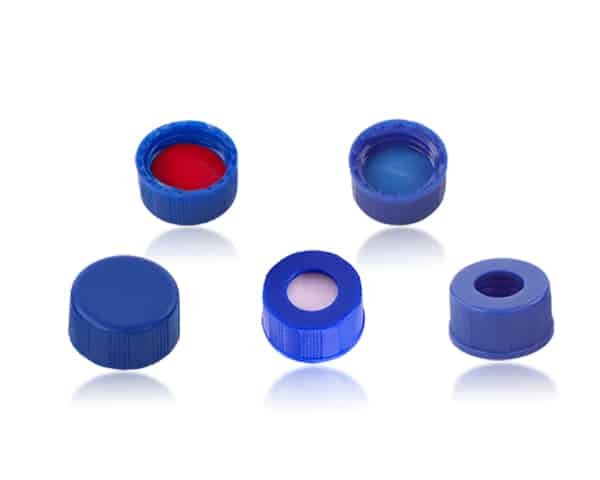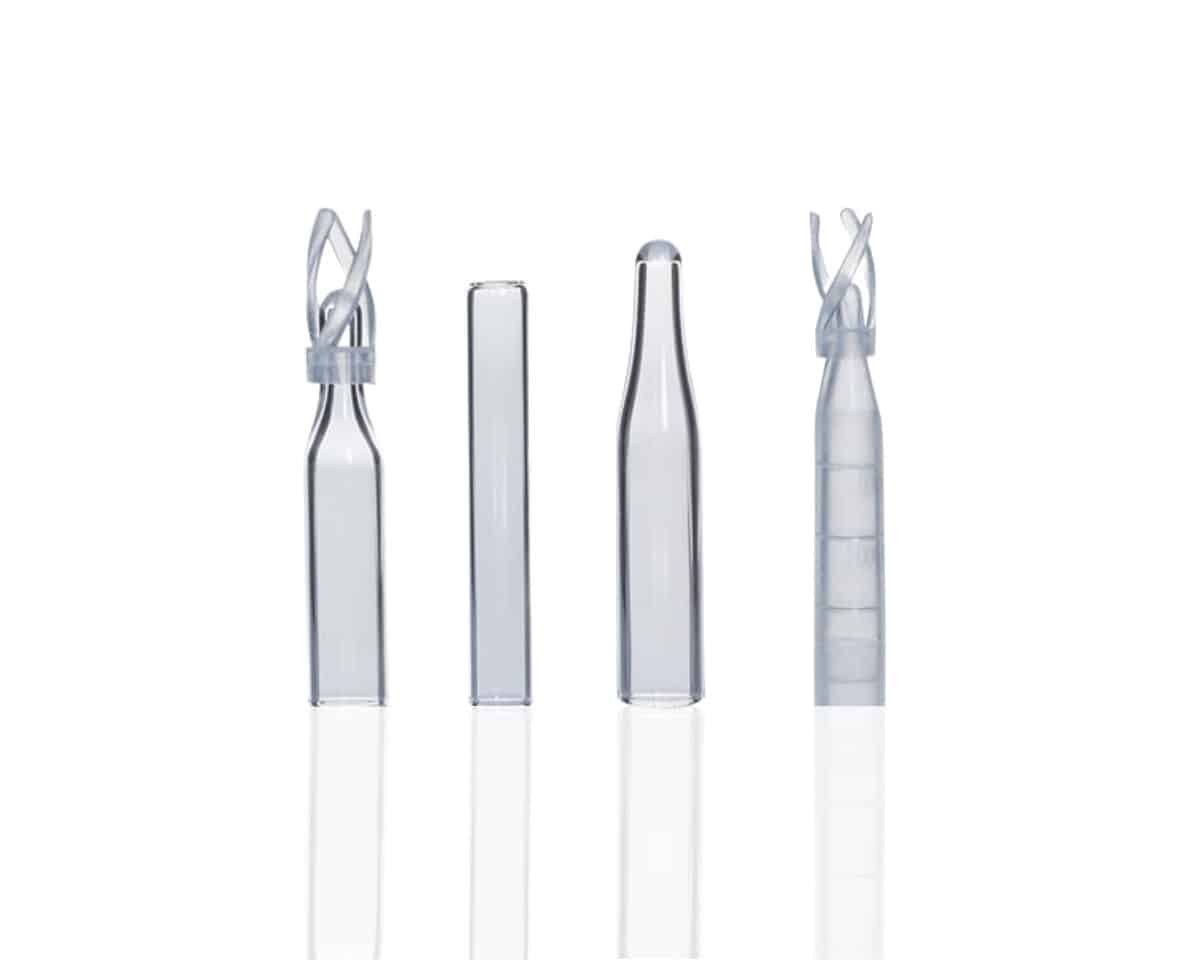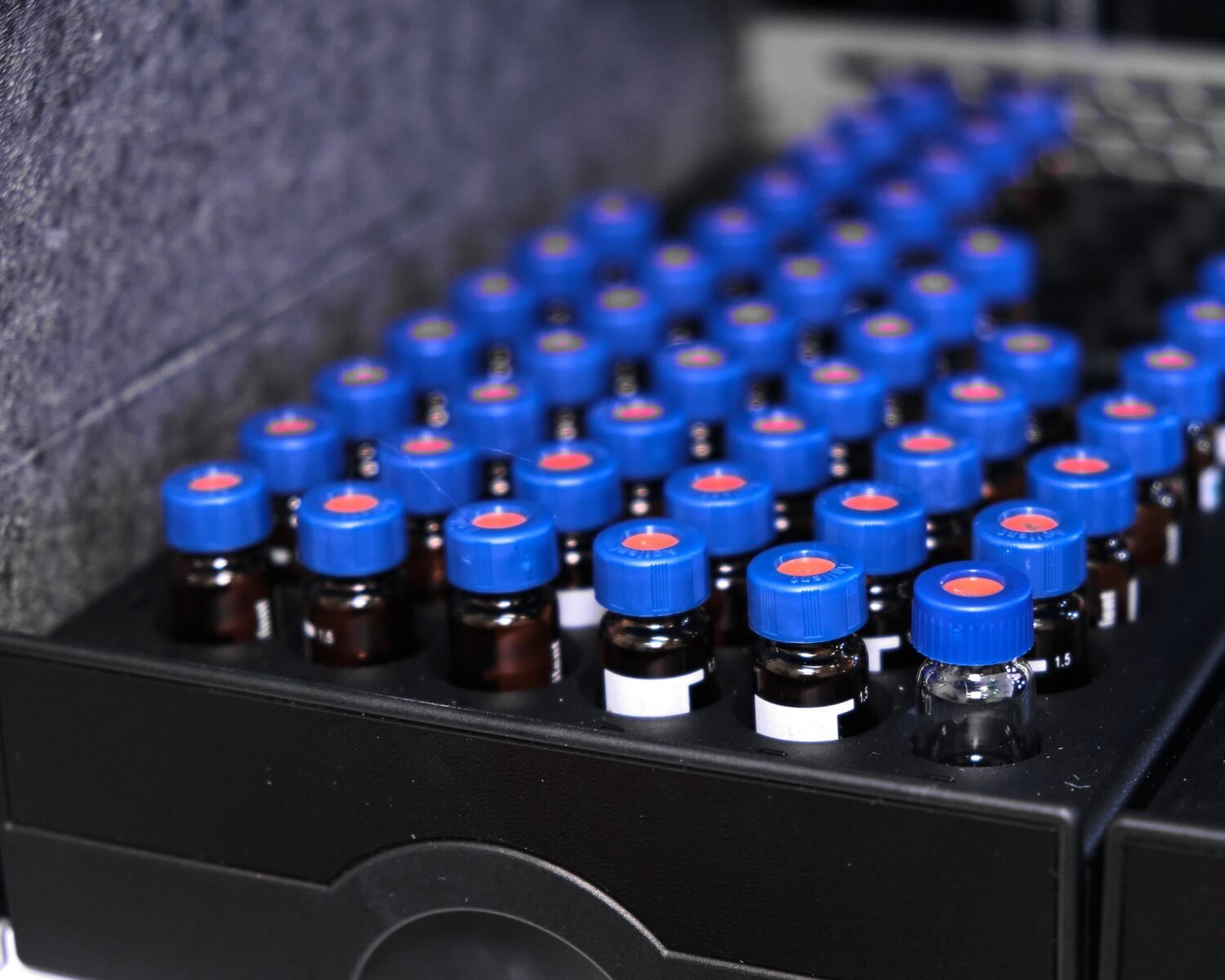Introduction: So, What’s HPLC and How Does It Relate to Pregnancy? If you’ve ever wondered what makes pregnancy testing so accurate these days, you might be surprised to learn that one of the most advanced techniques used is something called High-Performance Liquid Chromatography, or HPLC.
You’ve probably heard of HPLC in scientific labs, but did you know it can actually play a crucial role in pregnancy testing too? Let’s break it down together. What do you think—could this kind of technology change the way we understand pregnancy testing?
What is HPLC in Pregnancy Testing?
Okay, before we dive into why HPLC is used in pregnancy testing, let’s start with the basics. High-Performance Liquid Chromatography (HPLC) is a sophisticated lab technique that separates and analyzes substances in a mixture. You can think of it as a super-efficient filter that pulls apart different chemicals from a sample, so they can be individually studied.
In the case of pregnancy testing, it helps detect specific hormones in the blood, like human chorionic gonadotropin (hCG), which is produced when you’re pregnant. Pretty fascinating, right?
Why is HPLC So Important in Pregnancy Testing?
So, why does HPLC matter? What makes it so special when it comes to pregnancy tests? Well, the accuracy is off the charts! When you go for a blood test, especially in the early days of pregnancy, hCG levels are often really low.
Traditional pregnancy tests might not be sensitive enough to pick up these subtle changes. But with HPLC, you’re able to measure even the tiniest amounts of hCG, which gives a much clearer picture of what’s going on in your body.
And if you’re wondering, “Why can’t I just use a urine test?”, that’s a fair question. The answer is that urine tests are effective, but they sometimes miss low levels of hCG, especially early on in the pregnancy. HPLC can detect these early-stage signals far more precisely.
Do you agree that precision like this could be a game changer in detecting pregnancy?

How Does the HPLC Test Work in Pregnancy?
Now, let’s get into how it actually works. When you go for a blood test, a sample is taken and passed through the HPLC system. The blood contains various hormones, proteins, and other substances. HPLC is able to “separate” these components and identify which ones are present and in what concentration.
For pregnancy, the main thing it’s looking for is hCG.
This hormone starts to increase as soon as the embryo implants itself in the uterus. If hCG is found at a certain level, it indicates that you’re pregnant. Simple, right? But what’s amazing is how accurate and sensitive this process is.
Benefits of Using HPLC for Pregnancy Testing
Now, let’s talk about why HPLC is such a game-changer for pregnancy testing. First off, the accuracy. Since it measures blood samples directly, it’s far more precise than traditional urine tests, which could give false negatives if the hCG levels aren’t high enough yet. HPLC allows for early detection, meaning you can know for sure whether you’re pregnant in the very early days—often before a home test would give a clear result.
Also, HPLC can be used to monitor not just pregnancy, but the health of the pregnancy. Some healthcare providers use it to track how hCG levels are changing over time, making sure the pregnancy is progressing normally. Pretty reassuring, right? You can imagine how helpful this is, especially if there are concerns about a possible miscarriage or ectopic pregnancy.
HPLC vs. Traditional Pregnancy Tests: What’s the Difference?
So, I know you’re probably wondering—how does HPLC compare to the tests we typically rely on at home? The most common pregnancy tests today are urine tests. While they’re convenient, there are some limitations. These tests typically detect hCG in urine, but the levels of hCG in urine don’t always match those in the blood, especially early on in pregnancy. Plus, urine tests have a higher chance of providing false negatives.
In contrast, blood tests, especially those using HPLC, are more sensitive. They can detect hCG levels in your blood at very low concentrations, which means you don’t have to wait for the hormone levels to spike in your urine before getting a reliable result. HPLC takes accuracy to the next level.
The Future of Pregnancy Testing with HPLC

The role of HPLC in pregnancy testing is just the beginning. The potential applications of this technology are enormous, especially when it comes to improving early detection and monitoring. As healthcare continues to innovate, HPLC could eventually be used to track a variety of other biomarkers in addition to hCG—giving us a deeper understanding of pregnancy, fetal health, and even risks.
Imagine a future where we can monitor everything from hormone levels to potential complications with the precision of HPLC. Isn’t that exciting?
Why Should You Care About HPLC for Pregnancy?
Okay, now that you know all the cool things HPLC can do, why should you care? If you’re someone who’s thinking about pregnancy, or you’re in the medical field, or even if you’re just curious about new technologies in healthcare, it’s important to understand how this technique is changing the landscape. HPLC provides a level of accuracy and sensitivity that makes it easier for doctors to monitor early pregnancies and detect potential issues. Plus, it could give you peace of mind with its reliable results, whether you’re confirming pregnancy or tracking its progression.
Wouldn’t you agree that a test this accurate could be a big help? If I were in your shoes, I’d definitely feel more confident knowing that technology like HPLC is available to provide clear answers.

Conclusion: Is HPLC the Way Forward for Pregnancy Testing?
To wrap up, it’s pretty clear that HPLC has the potential to revolutionize pregnancy testing. With its high accuracy and ability to detect hCG levels in the early stages, HPLC offers something traditional tests can’t always provide—clarity. Whether you’re trying to confirm a pregnancy or monitor its health, HPLC provides the level of detail and reliability that’s crucial.
So, what do you think? Could HPLC be the future of pregnancy testing? I’m really excited to see where this technology goes, and I’m sure it’s going to keep improving our understanding of early pregnancy health. What’s your take on this?
This article gives you an in-depth understanding of how HPLC is changing the way we test for pregnancy. With its advanced capabilities, it’s safe to say that this technology is here to stay—and it’s only going to get more helpful from here on out!
Here are the articles I consulted to gather insights on the topic of HPLC testing in pregnancy:
- What is HPLC Test in Pregnancy? – This article explores the significance of HPLC testing in detecting hemoglobinopathies during pregnancy. It highlights how the test works, its role in identifying abnormal hemoglobin, and why it’s crucial for early diagnosis and treatment.
- Screening for Hemoglobinopathies in Pregnancy – The ACOG Approach. This article discusses the role of screening for hemoglobinopathies such as sickle cell disease and thalassemia during pregnancy, and emphasizes the importance of identifying carriers through tests like HPLC and hemoglobin electrophoresis to manage potential risks to the fetus.
- Hemoglobin Electrophoresis During Pregnancy – BabyMed. A comprehensive breakdown of how hemoglobin electrophoresis is used in pregnancy. It explains the different types of hemoglobin, the role of the test in identifying abnormal hemoglobin variants (e.g., HbS for sickle cell anemia), and its relevance to prenatal care.
- Hb HPLC (Hemoglobin Variants Estimation by HPLC) – 1mg. This article provides an in-depth explanation of the Hb HPLC test, its purpose, preparation, and risks. It highlights how the test can detect various hemoglobinopathies and its role in prenatal screening.
These sources provided valuable information on the use of HPLC tests to screen for genetic conditions related to hemoglobin during pregnancy, offering insight into both medical practice and its importance in prenatal care.











